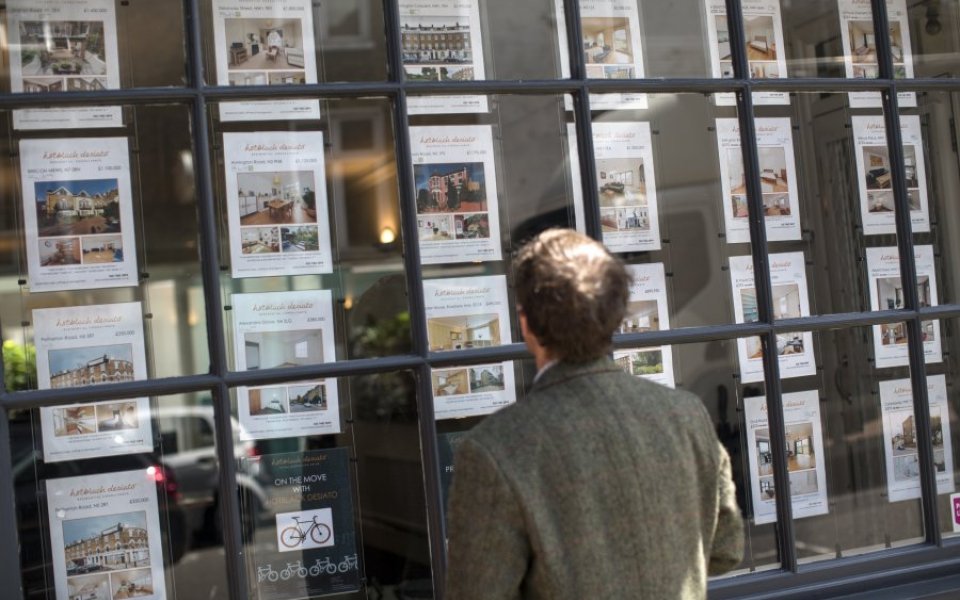Countrywide blames volatile residential sales market for 40 per cent drop in profits

Britain's largest residential property services group Countrywide suffered a 40 per cent slump in profits last year after a slowdown in house sales following the General Election and increasing competition from online agents took its toll on the group.
The company, which owns 50 high street brands including Hamptons, Blundells and John D Wood, said pre-tax profits slumped to £47.7m in 2015 from £79.6m a year earlier, blaming "the most uncertain election in a generation" when the anticipated post-election boost in residential sales failed materialised.
The number of properties coming to market fell short of its expectations, with overall number of exchanges falling nine per cent to 67,402 on the previous year. Demand was also subdued with the number of potential homebuyers registered decreasing by seven per cent at 912,000.
With fewer homes on the market, competition for new instructions also increased, particularly with online rivals. This resulted in a three per cent fall in Countrywide's average sales fee.
However a rise in the group's share price this morning signalled that shareholders are ready to draw a line after last year's upheaval and put faith in chief executive Alison Platt's shake-up of the group.
Countrywide restructured its business last year to focus on four divisions: retail, which combines its lettings and estate agency business, London, financial services and business to business (B2B).
It plans to boost its digital offering this year to better compete with online agents and is also targeting acquisitions in both lettings and commercial property in order to reduce its exposure to one area of the market such as home sales.
Platt told City A.M. "We said we wanted to shift away from being disproportionately dependent on earnings from the volatile transactions market. So effectively we want to get to a point where we are split equally between recurring revenue streams, such as lettings and commercial, and transactional revenue."
Platt said the first seven weeks of the year have been buoyant due to landlords rushing to secure a property ahead of April, when the three per cent stamp duty surcharge on buy-to-let homes is introduces. However, she expects the market to remain flat overall this year.
"The walk towards EU referendum brings uncertainty for consumers – and the property market hates uncertainty – so we think many consumers will sit on their hands in the run-up to referendum as they did with the election last year," she said.